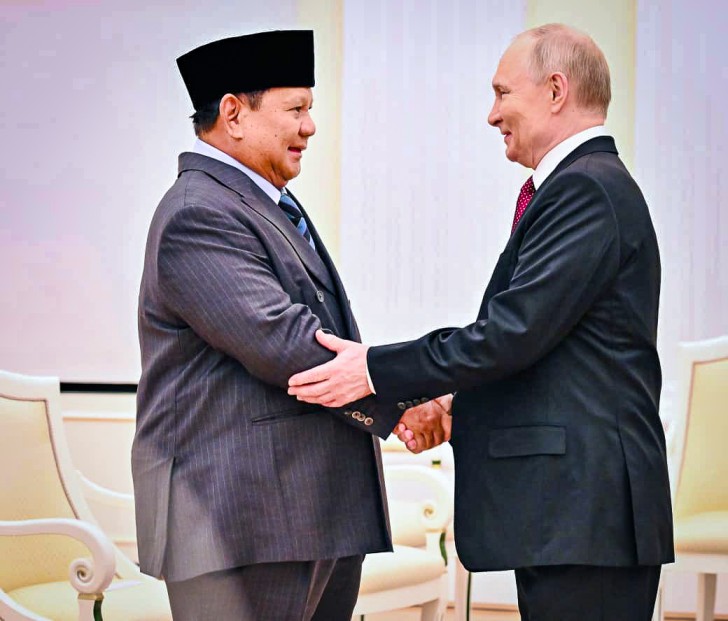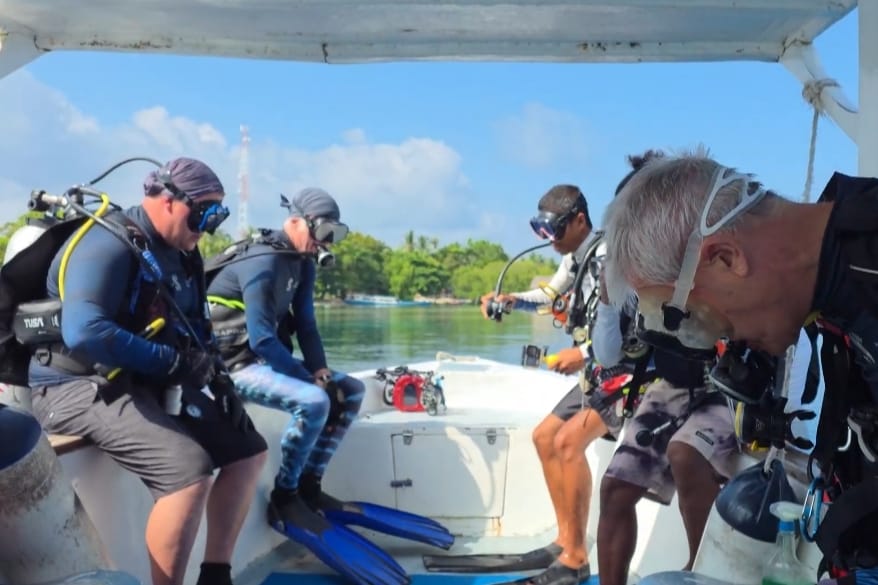Fishermen own jellyfish factory after receiving coaching for two years

Kampak Indah fishermen who received the multifunctional refinery are members of the Paloh Business Unit of the Surya Samudera Coastal Cooperative which received legality on August 22, 2024 after running since February 2024.
Pontianak (Indonesia Window) – Kampak Indah fishermen in Indonesia’s Paloh sub-district, Sambas district, West Kalimantan province, have a jellyfish factory after receiving coaching and mentoring for two years.
“The refinery can still function even though the jellyfish season has ended,” said Endang Rudiatin, Chairperson of the Center for Border and Coastal Studies (PSPP) of the University of Muhammadyah Jakarta (UMJ) in a written statement in Pontianak, the provincial capital of West Kalimantan, Sunday.
According to her, the jellyfish season every year lasts from to May and after that usually the jellyfish factory is abandoned as there are no business operational activities.
She said PSPP UMJ researchers found innovations so that fishermen can continue to produce throughout the year by making a prototype of a multifunctional refinery which was then built in November 2023 and completed in September 2024.
The construction of the refinery took a bit longer because it was necessary to make some field adjustments related to the availability of materials and craftsmen and the arrival of the jellyfish season in the month of Ramadan and Eid Al-Fitr.
This multifunctional refinery innovation for Kampak Indah fishermen is part of Bank Indonesia’s pilot project of independent villages which are considered left behind located in frontier and outermost coastal areas. Bank Indonesia (BI) is the country’s central bank.
PSPP which carries out the project together with the Department of Sharia Economics and Finance (DEKS) of Bank Indonesia conducted monitoring and evaluation on Friday, September 26, 2024.
It was agreed to proceed to the stage of technical assistance on the use, utilization and maintenance of the refinery, and human resource assistance including management and institutions.
The fishermen who received the multifunctional refinery are members of the Paloh Business Unit of the Surya Samudera Coastal Cooperative which received legality on August 22, 2024 after running since February 2024.
With the existence of this Cooperative Business Unit, the fishermen are expected to be more organized in production, marketing and transactions.
Furthermore, PSPP UMJ together with DEKS BI have developed a mentoring program with materials on entrepreneurship, financial management, production and marketing.
Endang Rudiatin said that the team will also conduct socialization and education about zakat, infaq, alms and waqf as part of the trade chain among the fishermen who are members of the cooperative.
The multifunctional refinery monitoring team consisted of Rafdison Akbar, Teki Sinatra from DEKS BI, Trisna from the BI Regional Office of West Kalimantan, Endang Rudiatin, Amin Thohari and Wibowo from PSPP UMJ among others.
Teki Sinatria, who represented DEKS BI, promised to continue to monitor the development of the coast of Sebubus village and together with Endang Rudiatin and the PSPP team agreed in the future to strengthen cooperative institutions, familiarize zakat, infaq and waqf to be more productive, thinking about marketing, facilities and infrastructure to support production.
On the other hand, Nedi Jaini, the chairman of the fishermen’s group, was very grateful to PSPP for the two-year assistance and Bank Indonesia.
“We hope that BI will not stop here. The construction of refineries for fishermen gives encouragement because at least they no longer depend on production,” Nedi said.
Reporting by Indonesia Window

.jpg)








